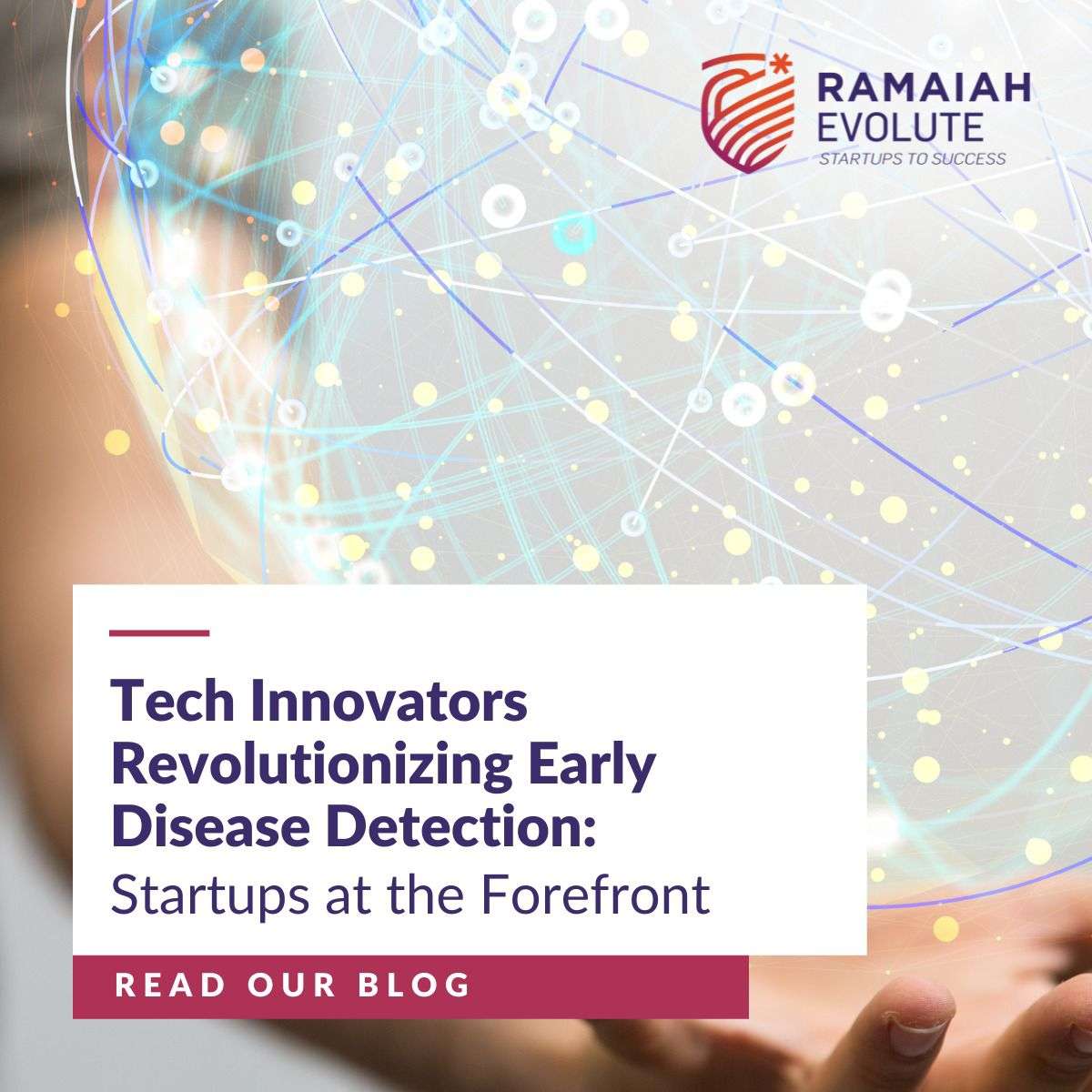Tech Innovators Revolutionizing Early Disease Detection

Introduction :
In today’s rapidly evolving healthcare landscape, startups are at the forefront of revolutionizing early disease detection through groundbreaking technological advancements. Their innovative solutions are transforming the way diseases are identified, diagnosed, and managed. In this article, we will explore how these visionary startups are leveraging technology to drive early disease detection and showcase their remarkable work.
Artificial Intelligence (AI) and Machine Learning :
- Startups like Aidoc are harnessing the power of AI and machine learning to analyze medical data, enabling early detection of diseases. Their sophisticated algorithms can swiftly analyze medical images and identify anomalies, assisting healthcare professionals in making accurate diagnoses and prompt interventions.
- AI-driven systems have demonstrated exceptional performance in detecting diseases such as lung cancer, breast cancer, and brain abnormalities. For instance, a study published in Nature Medicine showed that an AI algorithm developed by Aidoc detected critical findings on chest CT scans with 97% accuracy, outperforming human radiologists.
Wearable Devices and Remote Monitoring :
- With wearable devices becoming increasingly prevalent, startups such as Oura Health are empowering individuals to proactively monitor their health. Their smart rings equipped with sensors can track vital signs, sleep patterns, and activity levels, providing real-time data that can help detect potential health issues early on.
- According to a report by Grand View Research, the global wearable medical device market is expected to reach $93.19 billion by 2027, with a significant contribution from early disease detection applications. Wearable devices offer continuous monitoring and enable timely intervention, reducing the risk of disease progression.
Genomic Sequencing :
- Revolutionary startups like 23andMe are unlocking the potential of genomic sequencing for early disease detection. By analyzing an individual’s genetic makeup, they can identify genetic predispositions and provide personalized insights that aid in disease prevention and management.
- Genomic sequencing has witnessed remarkable advancements in recent years, with the cost of sequencing a human genome significantly decreasing. This accessibility has paved the way for startups like 23andMe to offer affordable genetic testing and early disease risk assessments.
Telemedicine and Virtual Consultations :
- Telemedicine startups like Teladoc Health have revolutionized access to healthcare by offering virtual consultations. Patients can remotely connect with healthcare professionals, enabling early screenings, monitoring, and timely interventions without the need for in-person visits.
- The COVID-19 pandemic has further accelerated the adoption of telemedicine, with a significant increase in virtual consultations worldwide. This shift has facilitated early disease detection by providing convenient and accessible healthcare services.
Point-of-Care Testing :
- Startups like Everlywell are democratizing diagnostic testing by providing convenient, at-home testing kits. Their user-friendly platforms allow individuals to conduct various tests and receive accurate results swiftly, facilitating early disease detection and empowering proactive healthcare management.
- Point-of-care testing offers several benefits, including reduced turnaround time, increased patient convenience, and improved access to diagnostics. According to a report by MarketsandMarkets, the global point-of-care diagnostics market is projected to reach $30.9 billion by 2025, driven by the growing demand for rapid and early disease detection.
Conclusion :
Startups are driving remarkable advancements in early disease detection through their innovative use of technology. From AI-powered analysis and wearable devices to genomic sequencing and telemedicine, these startups are revolutionizing healthcare and empowering individuals to take control of their health. By leveraging these groundbreaking solutions, we can detect diseases at their earliest stages, leading to more effective treatments and improved patient outcomes. As the healthcare industry continues to embrace technology, the impact of startups in early disease detection will only continue to grow, shaping a healthier future for us all.
SHARE

